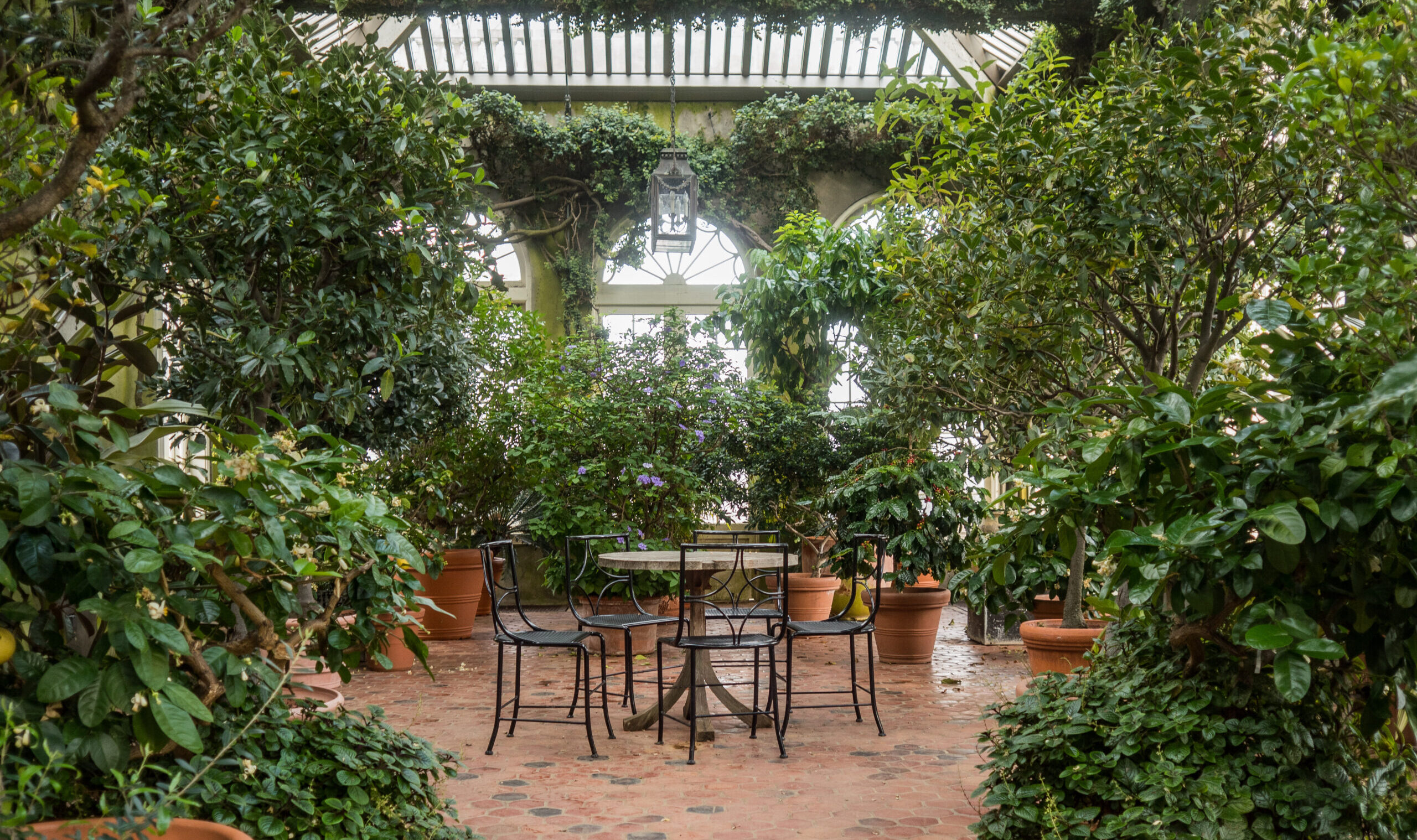
Share To Alt-Tech
This article was originally published on Washington Times - Politics. You can read the original article HERE

Santa Ana, a city in Southern California, has one of the highest rates of noncitizen residents in the country. Yet voters are poised to reject allowing them to vote in local elections.
California is notoriously slow in counting votes. With nearly 50,000 tallied, opponents of the noncitizen voting measure were leading 62% to 38%.
Voters in eight states, meanwhile, approved ballot measures to strengthen bans on noncitizen voting in their jurisdictions. They all passed by large margins as voters moved to defend the sanctity of citizen-only elections.
Election integrity activists said it signaled that the country isn’t sold on the left-wing push to expand such voting rights.
“The lesson I take is that foreigners voting in American elections is very unpopular among Americans,” said J. Christian Adams, head of the Public Interest Legal Foundation, which advocates for voter integrity. “Citizenship means something to people. It’s a treasure to be protected.”
The debate over immigrants and their role in U.S. politics and elections is growing.
Federal law says that only citizens can vote in national elections for president and Congress.
States are free to set their own rules, and activists have been pushing to allow noncitizens to vote in municipalities across the country.
The District of Columbia just conducted its first full election allowing noncitizens to vote on local matters. The expansive policy applies to all city issues and encompasses illegal immigrants and legal residents.
Cities in California, Vermont and Maryland also allow voting in local matters.
Other jurisdictions are pushing back.
Voters approved a ballot measure amending the Missouri Constitution to ban noncitizen voting, ranked choice voting and runoff elections.
Nearly 69% of voters backed the measure.
The ban was already law, but state Sen. Trent Curtis said the ballot measure writes it into the Constitution so a future legislature cannot change it.
“Missouri citizens were saying there should be a basic threshold to participate in representative government, and that threshold should be you’ve taken the time and made the effort to become a citizen,” he said.
He said noncitizen voting, ranked choice voting and runoff elections are all part of the same coin.
“Elections are supposed to reveal the public will,” he said. “The problems with ranked choice and runoffs are they confuse the issue. You’re confusing the will of the people. That’s what citizenship goes to as well — who are the people whose will you’re trying to reveal?”
Noncitizen voting bans were also approved in Idaho, Oklahoma, Iowa, Wisconsin, Kentucky and the Carolinas.
Kentucky had the lowest level of support at 62%, and South Carolina led the way with 86%.
Santa Ana’s vote may be the most striking, with voters proactively rejecting an expansion.
Immigrant rights advocates had pleaded with voters to approve the idea.
“They pay taxes, own homes and property, run local businesses, work, and raise families in Santa Ana. They should be able to vote for city officials who make decisions that impact their daily lives,” said the American Civil Liberties Union of Southern California.
Mr. Adams said the rejection was particularly striking for a city in which, according to Census Bureau figures, 23% of the population are noncitizens. That is one of the highest rates of any municipality in the U.S.
“This is a fringe issue that the progressive left is fueling,” Mr. Adams said. “It’s totally out of the mainstream.”
This article was originally published by Washington Times - Politics. We only curate news from sources that align with the core values of our intended conservative audience. If you like the news you read here we encourage you to utilize the original sources for even more great news and opinions you can trust!










Comments